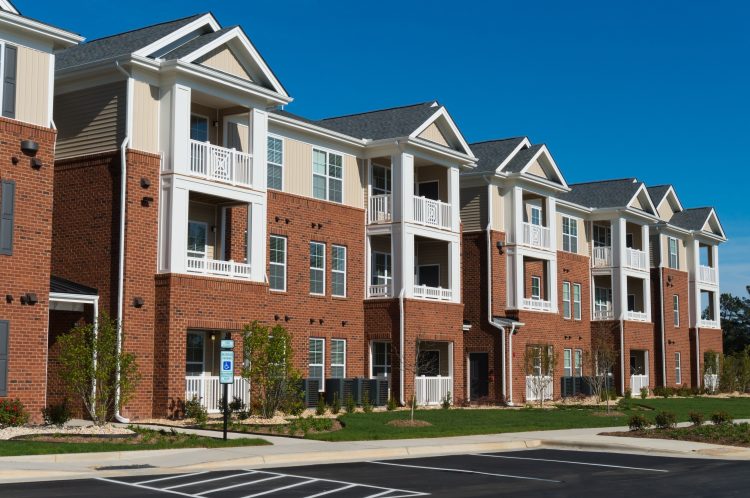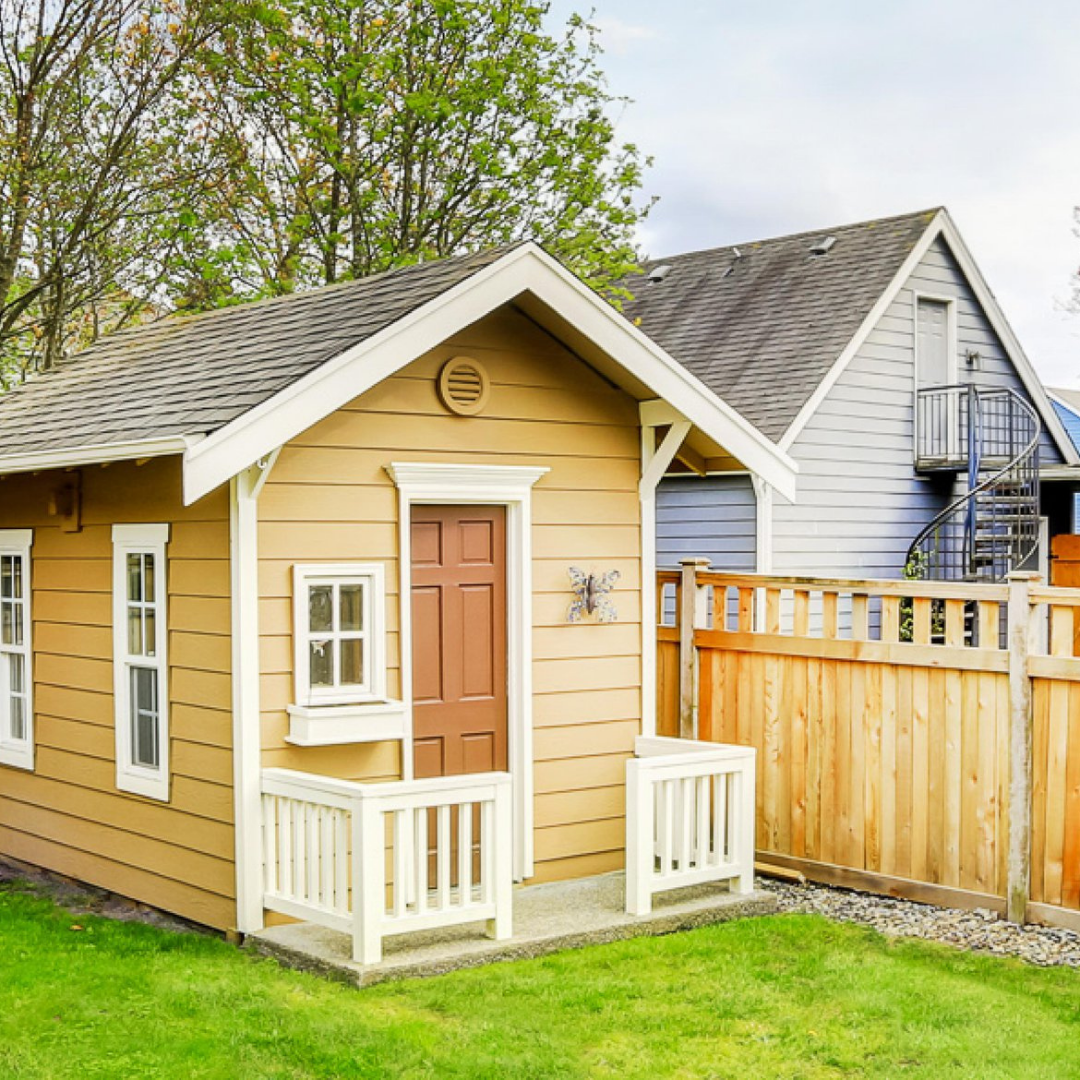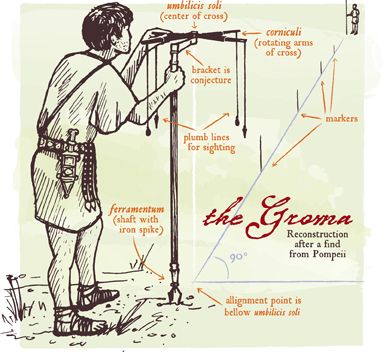Real Property Reports for Condominiums
When do I need a Real Property Report for my Condo?
There are essentially two types of condominiums defined in the Condominium Property Act.
The first type is a Conventional Condo: This is where units form part of a building or structure and are the private domains of the individual owners. Apartment style condominiums are the best example of this. Each unit’s boundaries are defined by the walls, floors, and ceilings. The area within these boundaries is the property of the unit owner, and any areas outside of these boundaries are considered common property. These areas are accessible and shared by all owners in the Condominium.
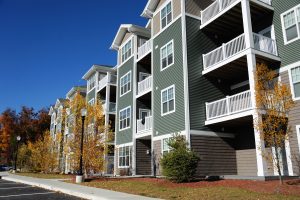
Real Property Reports (RPR) typically do not exist for a Conventional Condo. In its place is a Condominium Plan. The Condominium Plan contains information such as the size and boundaries of the Condominium units, common property, the unit factors, and an illustration of the perimeter (boundaries) of the property. The Condominium Plan is essentially a survey report of the entire condominium complex as opposed to only the individual unit.
The unit owner of a Conventional Condo is personally responsible for the interior boundaries of their unit but will share the responsibility of the common property and the cost associated with its upkeep with the rest of the unit owners.
Bare-Land Condo: Where a conventional condo is defined by the walls, floor & ceiling, a Bare Land condo is determined by the size of the lot the building sits on. A Bare Land Condo is an actual plot of land. In this case, the boundaries of each unit are defined by the Real Property Report.
Many Bare-Land condominium may even look like your typical neighborhood of single-family homes, townhomes or even duplexes.
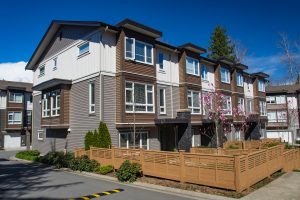
Real Property Reports are required for the sale of a Bare Land Condo Unit.
The main difference between a Bare Land Condos and Conventional Condos are; owners of a Bare-Land Condo own the land that the dwelling is located on, not just the interior of the unit. Most Bare Land Condo owners are responsible for the removal of snow, the cutting of grass or other landscaping, as well as the maintenance of the exterior of their building unit. Whereas, the Condo corporation looks after these responsibilities in a convention apartment style building. Condo fees in a bare land condo are typically lower than in a conventional condo.
If you would like more information, or to inquire about a Condominium Plan, contact us here. Our team has the technical expertise to help you with all of your surveying needs.
Contact us here for a free quote.

